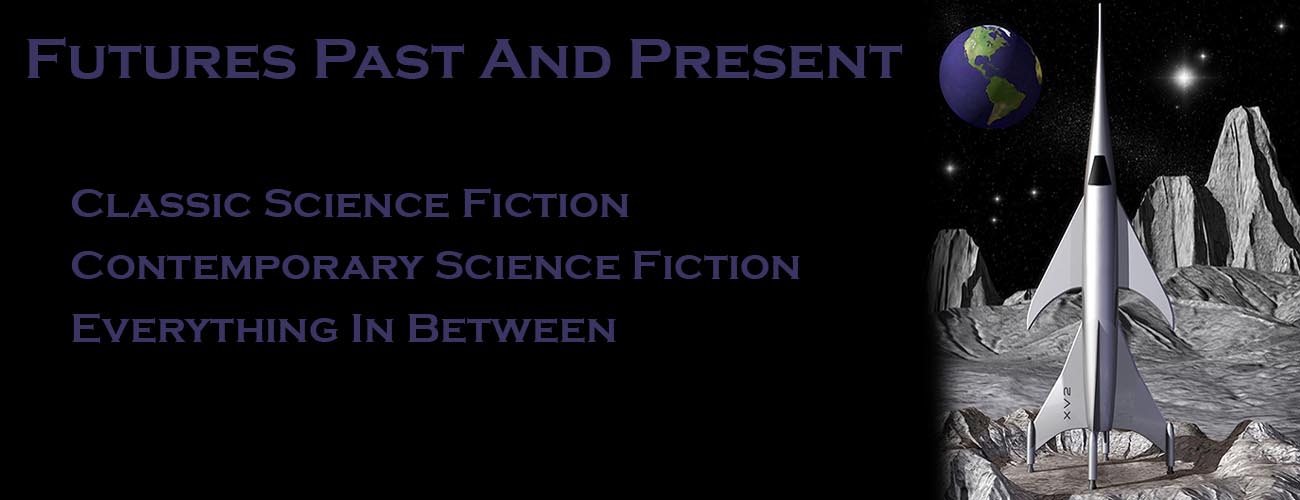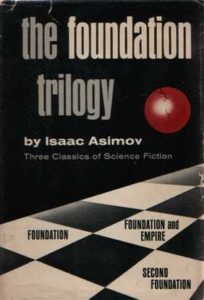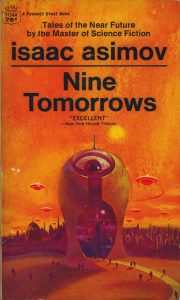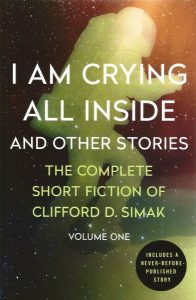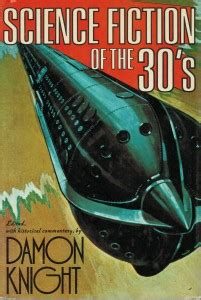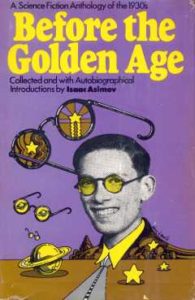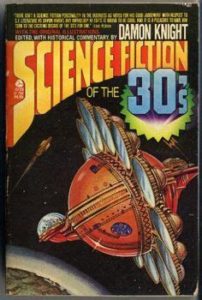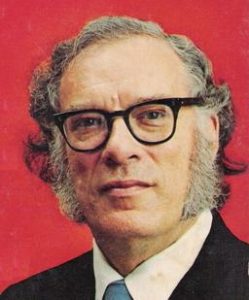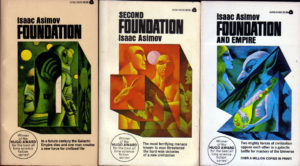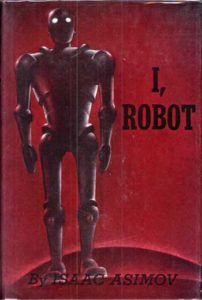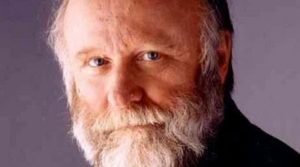
Frank Herbert
Today (October 8) marks the birth of Frank Herbert (1920-1986). Herbert wrote a number of novels and short stories, but he will always be known as the author of Dune. Dune was originally serialized in Analog (formerly Astounding) starting in December 1963. It was published in book form in 1965. The original publisher was Chilton. You know, the one that does the auto manuals.
Dune is set in a galactic empire, which is of course ruled by an Emperor. Herbert wrote a number of sequels, and his son Brian has coauthored additional sequels and prequels with Kevin J. Anderson.
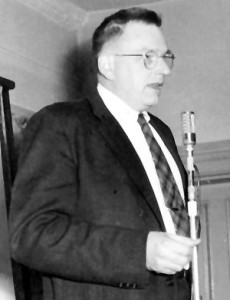
John W. Campbell, Jr.
Herbert wasn’t the first, nor was he the last, to use a galactic empire in a work of science fiction. One of the most prominent people to do the same was Isaac Asimov (who also wasn’t the first). Asimov started his Foundation series in the pages of Astounding roughly two decades earlier. It’s interesting to note that John W. Campbell was the editor for the original appearances of both series. I’m not going to go there in this post, because that sounds like a Ph.D. dissertation in Literature.
While comparisons have been made between the Dune series and Gibbon’s Decline and Fall of the Roman Empire, Asimov intentionally patterned the Foundation stories after Gibbon’s work. Several novels were set in the same universe before the time of the Foundation. Asimov would later go on to write additional novels in the last decade of his life and tie the series in with his robot stories, both the short stories concerning Susan Calvin and the detective novels starring Elijah Bailey and R. Daneel Olivaw. There were also a few sequels coauthored and/or authored by other writers.

Isaac Asimov
Both Asimov and Herbert have been dead for a number of years. The influence of these two works has been tremendous. If you go into any bookstore today, most of the books by Asimov will be from the Foundation series, and most of the books by Herbert will be from the Dune series. Few, if any, of the titles you find by these authors will be outside these series.
Dune seems to be the more popular of the two at the moment, in part because new Dune titles are regularly being published, and also because there’s another film in the works. Foundation seems to be languishing a bit in comparison.
I read all the Foundation books Asimov wrote, although not all the galactic empire novels and none of the sequels. I’ve only read the original Dune. Dune Messiah and Children of Dune are in the TBR pile. I intend to reread Dune later this year; I first read it about 15 years ago. I read the original Foundation Trilogy…much longer ago than that, like in high school.
So I’m toying with the idea of reading the first three Dune books and the original Foundation Trilogy. This will be over the next year or three. I’ve got some other things to get through first. It will be interesting to see how they have stood the test of time from when I was younger.
As for what prompted this idea, well, that’s the topic of an upcoming post.
 I’m going to revise this blog, which has been dormant for a while, and what better way to start than with an Isaac Asimov (1920-1992) story on his birthday. Asimov is one of the classic authors whose work I want to either reread or read for the first time this year.
I’m going to revise this blog, which has been dormant for a while, and what better way to start than with an Isaac Asimov (1920-1992) story on his birthday. Asimov is one of the classic authors whose work I want to either reread or read for the first time this year.